General description
Sodium dodecyl sulfate (SDS), also known as sodium lauryl sulfate, is an anionic surfactant widely used in various scientific applications, particularly in molecular biology, biochemical, and cell biology research. Its effectiveness stems from its amphiphilic nature, allowing it to interact with both hydrophobic and hydrophilic molecules. SDS is a versatile detergent that excels in solubilizing and denaturing proteins, making it an essential tool in protein extraction and purification procedures. By disrupting protein structures, SDS facilitates the separation of proteins based on their molecular weight during SDS-PAGE electrophoresis.
Beyond protein analysis, SDS also finds applications in the electrophoretic separation of lipids, enabling the study and characterization of these important cellular components. Additionally, SDS is employed in various hybridization and molecular biology techniques, demonstrating its versatility across a range of research areas. SDS′s effectiveness in both ionic and anionic conditions further expands its utility, allowing it to adapt to diverse experimental setups and requirements. Its ability to unravel proteins by binding to peptide chains and imparting a negative charge effectively eliminates protein shape as a factor for gel separation, ensuring accurate protein size determination.
Application
Sodium dodecyl sulfate has been used:
- in chromatin immunoprecipitation
- in SDS-polyacrylamide gel electrophoresis (SDS-PAGE)
- as a component of radioimmunoprecipitation assay buffer for immunoblotting
Used to solubilize and denature proteins for denaturing-PAGE. Most proteins bind SDS in a ratio of 1.4 g SDS per gram of protein. The charges intrinsic to the protein become insignificant compared to the overall negative charge provided by the bound SDS. The charge to mass ratio is essentially the same for each protein and will migrate in the gel based only on their size.
Anionic detergent
Features and Benefits
- Highly versatile surfactant for your molecular biology and biochemical research
- Suitable for electrophoresis applications
- Tested to confirm low levels of heavy metal contamination,ensuring suitability for various applications.
Analysis Note
Tested for use in denatured polyacrylamide gel electrophoresis.
Shipping Information:
Hazmat Fee: $65.00 + applicable shipping charges are added after the order is placed.
More Information: https://cenmed.com/shipping-returns
- UPC:
- 12161902
- Condition:
- New
- Availability:
- 3-5 Days
- Weight:
- 1.00 Ounces
- HazmatClass:
- Yes
- MPN:
- L3771-10KG
- CAS:
- 151-21-3












